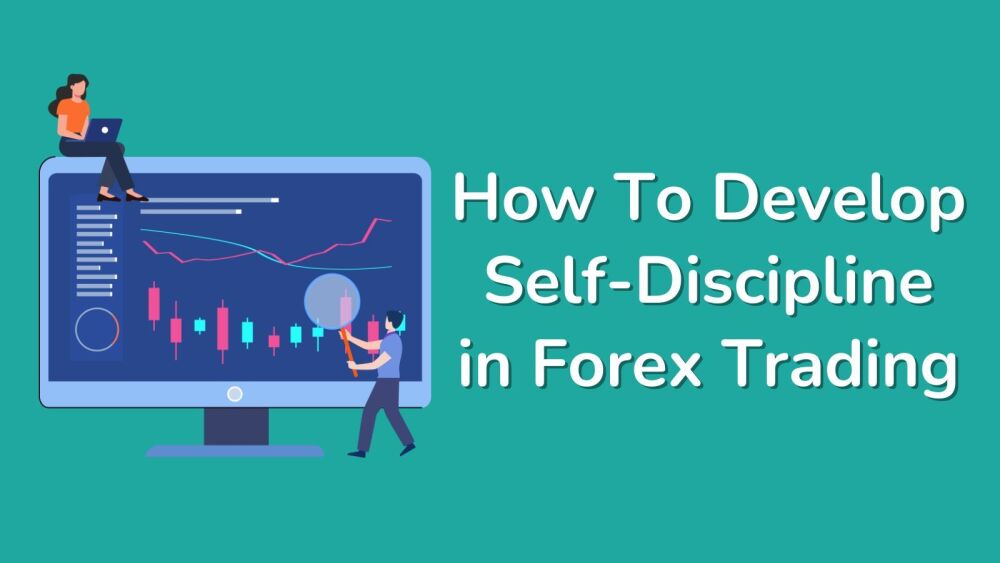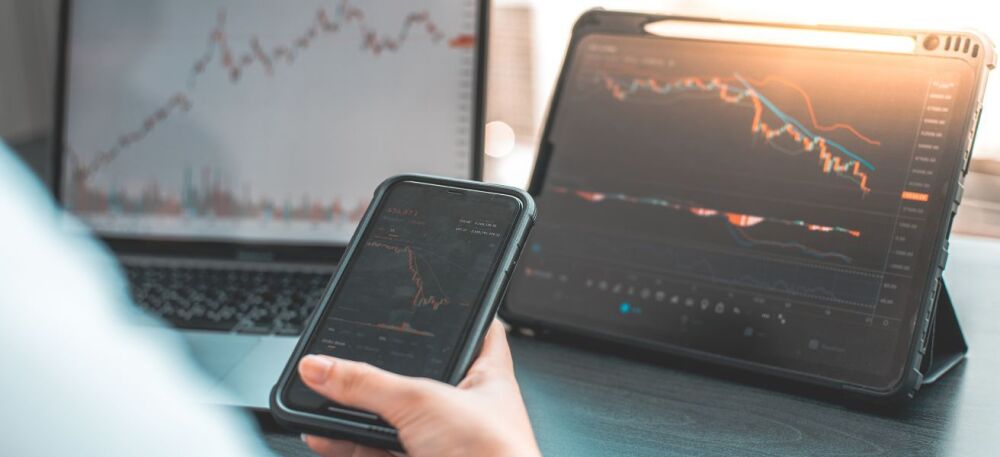How To Develop Self-Discipline in Forex Trading
Posted on
Having discipline in forex trading is vital if you want to be successful, but this is a complex task and is often easier said than done. Being a disciplined trader means knowing when not to trade and how to trade responsibly to protect your long-term interests, including lowering your risk whenever possible.
In this article, we'll look at a few ways to reduce your risk tolerance by having self-discipline when trading forex. By taking these points on board, you have the best chance of trading more sustainably. While there's much more to becoming a top trader than just being disciplined, it's an essential skill you'll need to master quickly.

Create and Follow a Trading Strategy
If you want to reduce your risk when trading forex, the best thing you can do is have a robust strategy you've refined and perfected. This will take a lot of work, but by setting time aside, you should have a better chance of minimising losses and generating more robust returns in the future; a good strategy can take years to craft.
When creating a trading strategy, consider how you place your trades and your risk tolerance. If you don't mind living on the edge and pushing things as far as possible, go for a riskier strategy with the potential for better returns. Conversely, a more conservative approach might be better for somebody targeting more reliable returns consistently.
Creating a strategy is one thing, but sticking to it is another. When adhering to your strategy, you should remember why you created it in the first place, whether because of risk, returns, or your unique style. That being said, a good forex trading strategy should be flexible enough to suit different situations.
Only Trade With What You Can Afford
While this might sound simple and obvious, if you want to cut the risk associated with forex trading, you should only trade with the money you have. By only trading with what you have to hand and only what you can afford to lose, you reduce the chances of running into financial difficulties arising from making a bad trade or missing out.
Some traders will use leverage to increase their stake, but this can be risky as it amplifies your potential losses, although the potential returns can also be higher. If you want to ensure that your trading returns are sustainable and reliable for the long term, trading with cold hard cash is certainly one of the best methods, ensuring that you only play with what you have and earned from previous trades.
While you might have complete confidence in your strategy and feel you know what the market is about to do, you should avoid using lines of credit to place trades or deposit funds. Should things turn out differently than expected, you'll not only be in debt but also have to contend with interest payments that will increase in cost as time goes on.

Use a Stop-Loss or Stop-Limit Order
A few different types of stop-loss orders can better protect your trading positions — they are often set at a specific price point and are triggered if the price rises/falls above/below that level.
Stop-limit orders are a type of stop-loss order, but once you reach the stop price, the order becomes a limit order, meaning it will only execute at the limit price or better. Confused? You're not alone.
Stop-loss orders are only typically used by experienced traders who explicitly understand how these mechanisms work and how they can be integrated into their overall trading strategy. While they can be incredibly beneficial for novice traders looking to reduce risk, the likelihood of getting this wrong can cause more harm than good.
Reducing Risk for Stronger Rewards
Lowering your risk tolerance is crucial to ensure that your trading has the best chance of sustainable success. While several notable traders specialise in profiting from risky trades and doing this consistently, this is incredibly risky and requires a lot of experience and expertise, which many traders still need to gain. There's a common misconception that self-discipline and risk mitigation are the same thing, but reducing risk is just one small part of being a disciplined trader. An example would be knowing not to place a specific trade even if it looks tempting because you have researched and have reliable knowledge that it is not a good trade. This is the power of being disciplined — you can see the bigger picture and make better decisions, even if they are unpopular or seemingly illogical.


